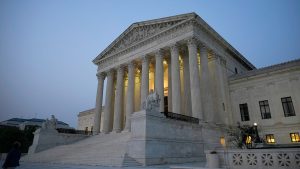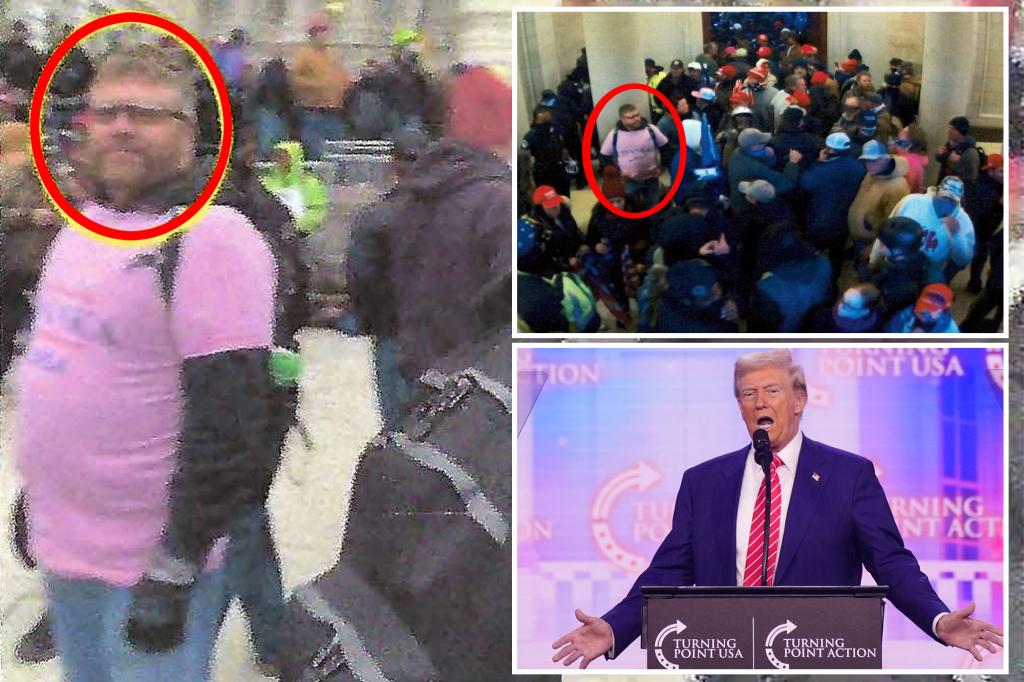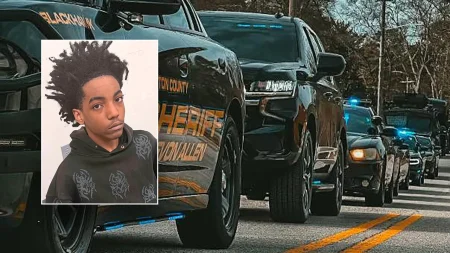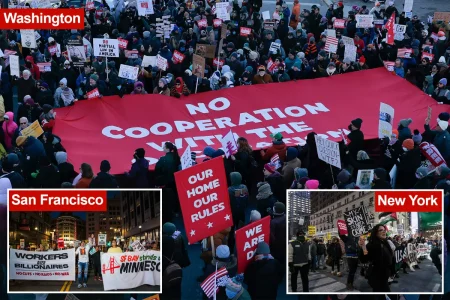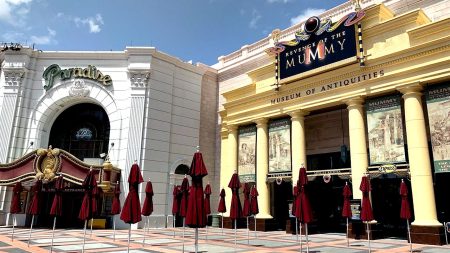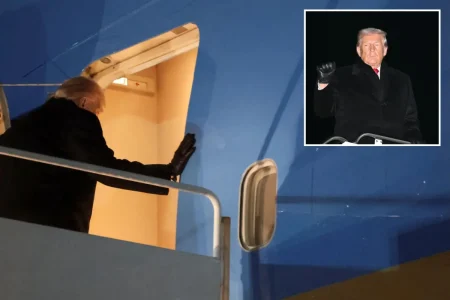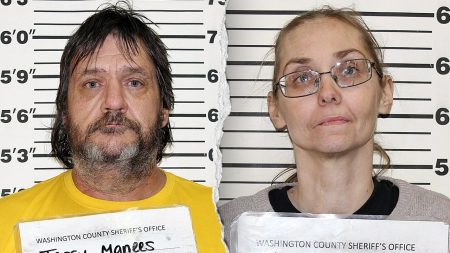The upcoming presidential inauguration has sparked a legal controversy surrounding Eric Peterson, a convicted January 6th rioter. Despite his guilty plea to entering a restricted building during the Capitol riot, Peterson requested permission from Judge Tanya Chutkan to attend the inauguration in Washington D.C. Judge Chutkan, who previously dismissed election interference charges against former President Donald Trump, granted Peterson’s request, raising questions about the judiciary’s handling of individuals involved in the Capitol breach. This decision comes despite Peterson facing a potential one-year prison sentence and being subject to travel restrictions as part of his release conditions. His lawyer argued that Peterson’s participation in the riot was minimal, involving no violence or vandalism, and that his sentencing might become irrelevant given the possibility of pardons for Capitol rioters by the incoming administration. Prosecutors chose not to oppose Peterson’s request.
The case highlights the ongoing legal and political ramifications of the January 6th attack on the Capitol. Peterson’s presence at the inauguration, a symbolic event representing the peaceful transfer of power, could be seen as a provocative act given his involvement in an event that sought to disrupt that very process. The fact that the judge who granted his request was also the one who dismissed the election interference charges against Trump adds another layer of complexity to the situation. It raises questions about the consistency and impartiality of the judicial system in dealing with cases related to the Capitol riot and challenges associated with the 2020 election.
The circumstances surrounding Peterson’s brief incursion into the Capitol building, as presented by his lawyer, portray him as an unwitting participant in a larger, more chaotic event. He allegedly spent only eight minutes inside the building and claims to have been unaware of the violence and property damage occurring elsewhere. However, the prosecution’s evidence, including surveillance footage, suggests that Peterson knowingly entered a restricted area, bypassing a police officer. The contrasting narratives underscore the challenges in establishing the culpability and intent of individuals involved in the riot, particularly those whose actions did not involve direct violence or vandalism.
Furthermore, the anticipated pardons for Capitol rioters, a contentious political issue, add another dimension to Peterson’s case. The prospect of pardons raises questions about accountability for those who participated in the insurrection and could potentially undermine the judicial process. If Peterson were to receive a pardon, his sentencing would indeed become moot, effectively negating the consequences of his guilty plea. This underscores the tension between legal proceedings and political considerations in the aftermath of the Capitol riot.
This isn’t an isolated incident. Other January 6th rioters with more serious charges have also requested permission to attend the inauguration. However, unlike in Peterson’s case, prosecutors have opposed these requests, and the judges have yet to rule. This discrepancy in approach highlights the complexities and inconsistencies in how the judicial system is handling these requests. It also raises concerns about the potential for preferential treatment for certain individuals involved in the riot, depending on the severity of their charges and the stance taken by prosecutors.
The legal landscape surrounding the January 6th riot and its aftermath is further complicated by the various legal battles faced by former President Trump himself. The dismissal of the election interference charges against him by Judge Chutkan, the same judge who allowed Peterson to attend the inauguration, adds to the political undertones of these legal proceedings. Trump also faces other charges related to classified documents and is embroiled in legal disputes in New York and Georgia. The outcomes of these cases will undoubtedly have far-reaching implications for the political landscape and the ongoing debate about accountability for the events of January 6th.


